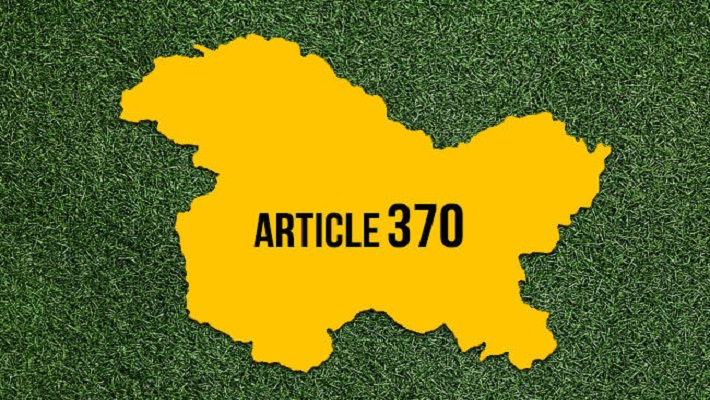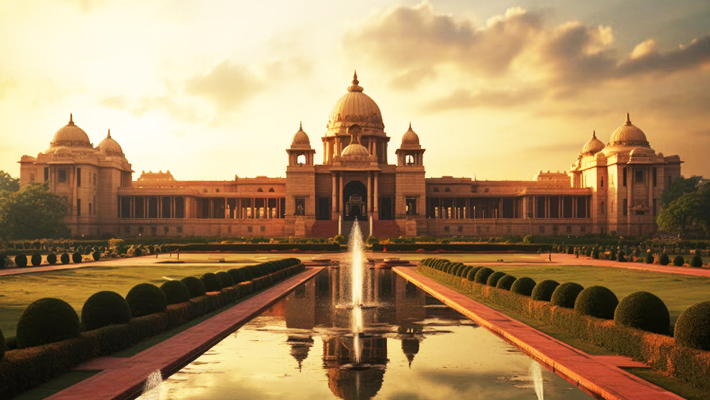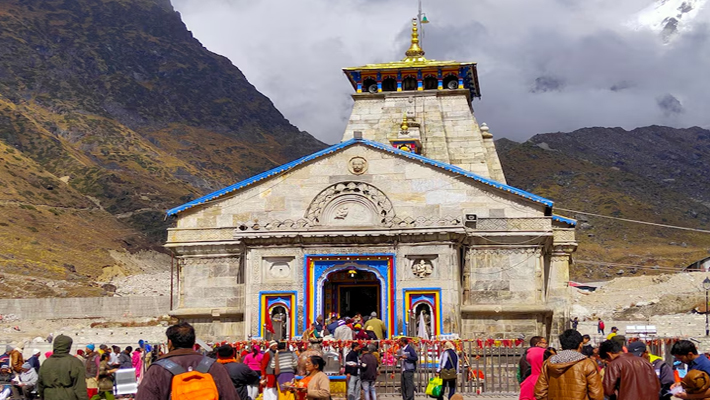
Article 370, which was very popular when it came into effect, didn't stay for long and has been abrogated. Currently, this topic is trending all over social media and even on the major news channels. Why this topic is still a major discussion in the parliament? Around 4 years ago, it was completely taken out, and it is still under consideration. The verdict has yet to be passed on this matter. In the coming days, we might or might not hear some new developments on this and see how it progresses.
Security Concerns
The amendments may or may not impact the nation in some ways, but at the end of the day, national security cannot be compromised. Keeping this in mind and to address the security concerns in the state, the article has been taken out. Apart from this, since Article 370 came into effect, the state has already encountered tension and, due to Pakistan, China, and local internal strife, increased militarization, impacting the daily lives of people, tourism, and economic administration. These incidents have also affected the growth of the economy and trade activities.
Resistance Movements
Whatever the rules or laws form for the sake of the citizens, including the nation, when Article 370 came into existence, the situation was not favorable, and various movements were started by some Kashmiri groups protesting for greater freedom and even independence from India. This has also fueled the growth of separatist movements and demands for free will in the area. On the other hand, the government treated this as a threat to national security and took the initiative to remove Article 370 and bring the area under its control.
The "Special" State
When special status was given to the state in the form of Article 370, there was a sense of distinctness between Jammu and Kashmir and the remaining states of India. When the issue was at its peak, the experts argued that it hampered the creation of a strong sense of national identity as well as the state's complete incorporation into the Indian Union. Let us take a simple example of a mother giving special consideration or love to a child and not to others. This raises the question, "Why are you partial to one kid as compared to the others? Similarly, why give special laws to Kashmir when the remaining states don't have them? So, this leads to the removal of Article 370 by the government.
All in all, It is not about whether Article 370 is good or bad for the people; what matters is the safety of the residents of Kashmir and the national security of India. Still, there are people with two different views on whether the amendment should be supported or revoked. India, being a democratic nation, had its democracy tested with this dilemma. What is your opinion on the verdict on Article 370? Is the right decision being taken by the government? Should it be reexamined to make any further changes? This topic remains fresh for debate.







